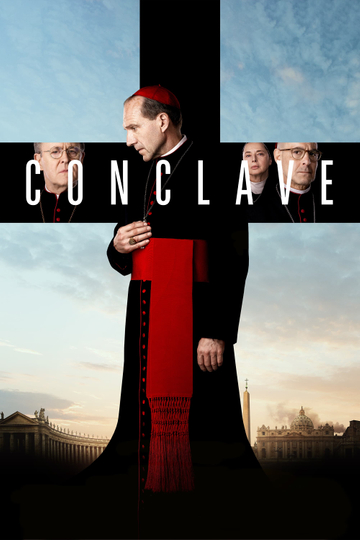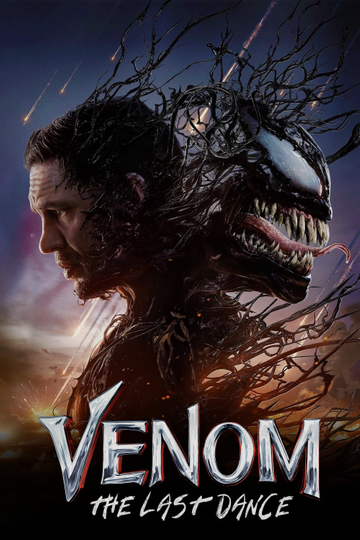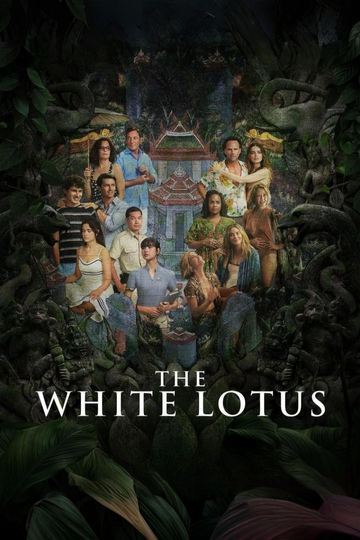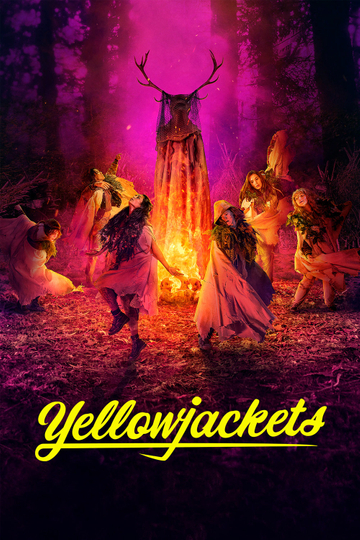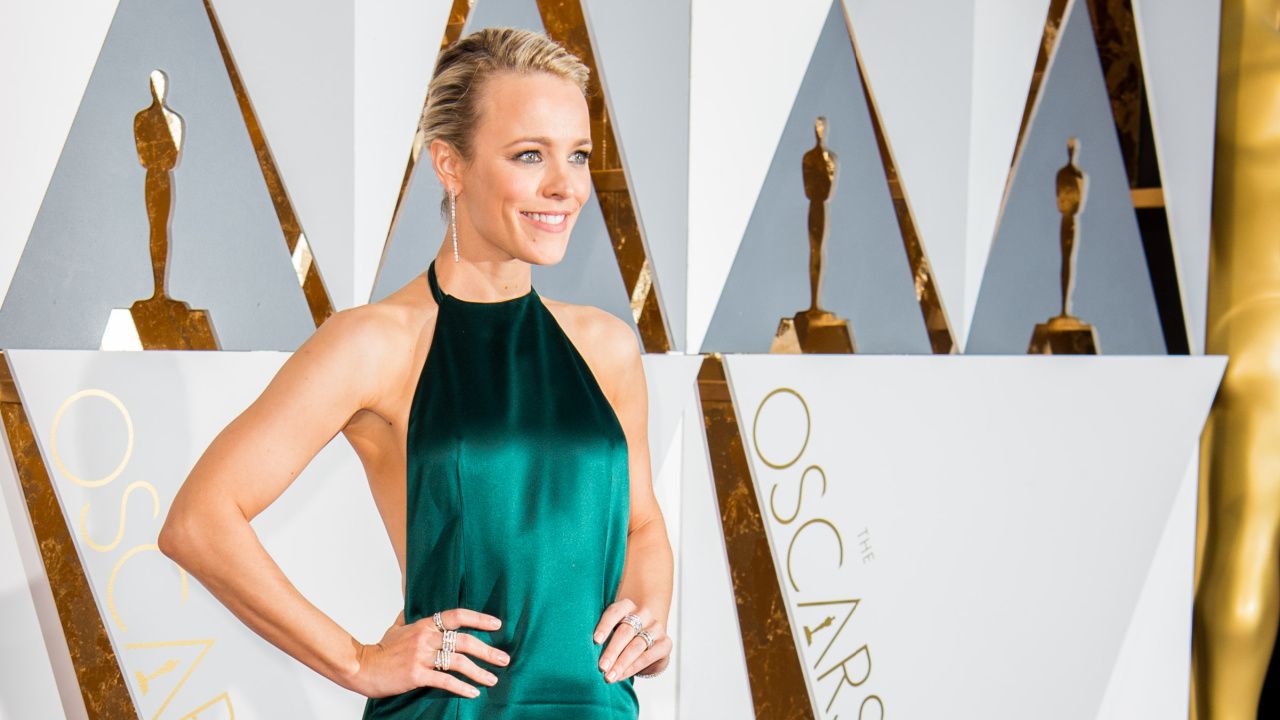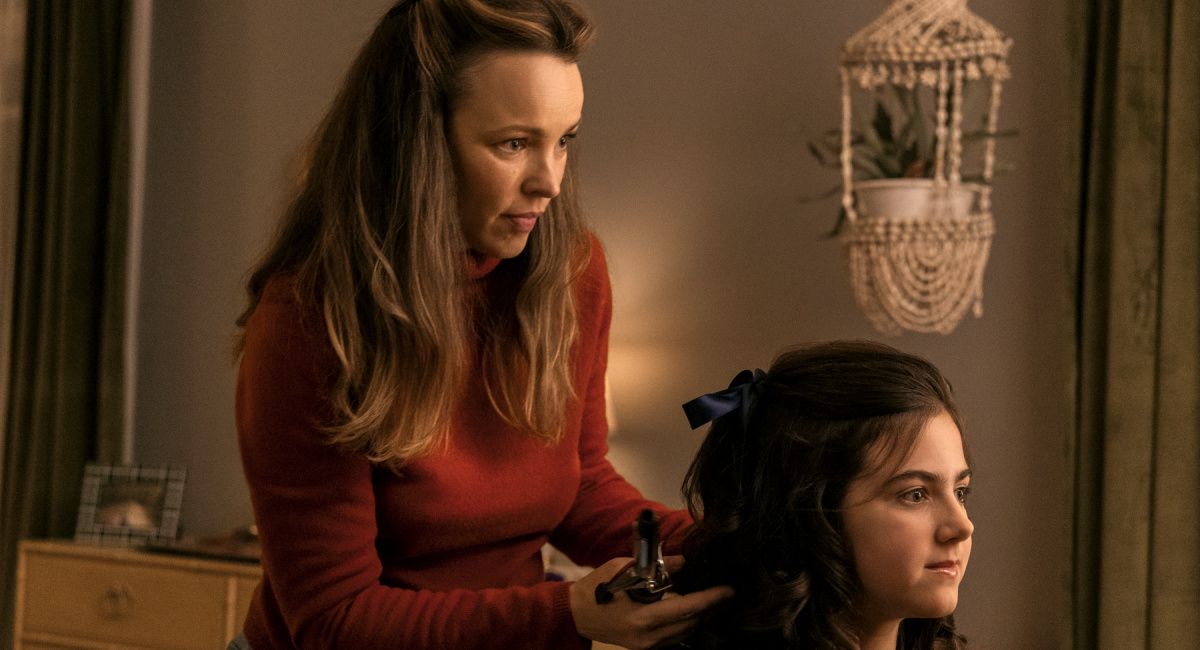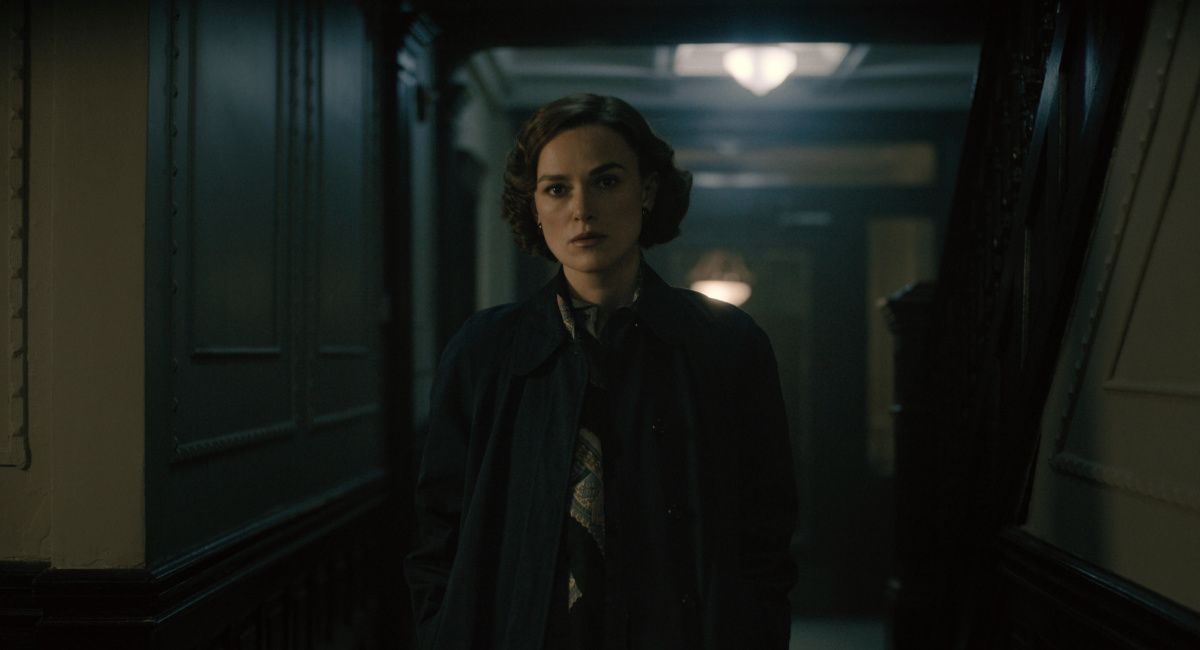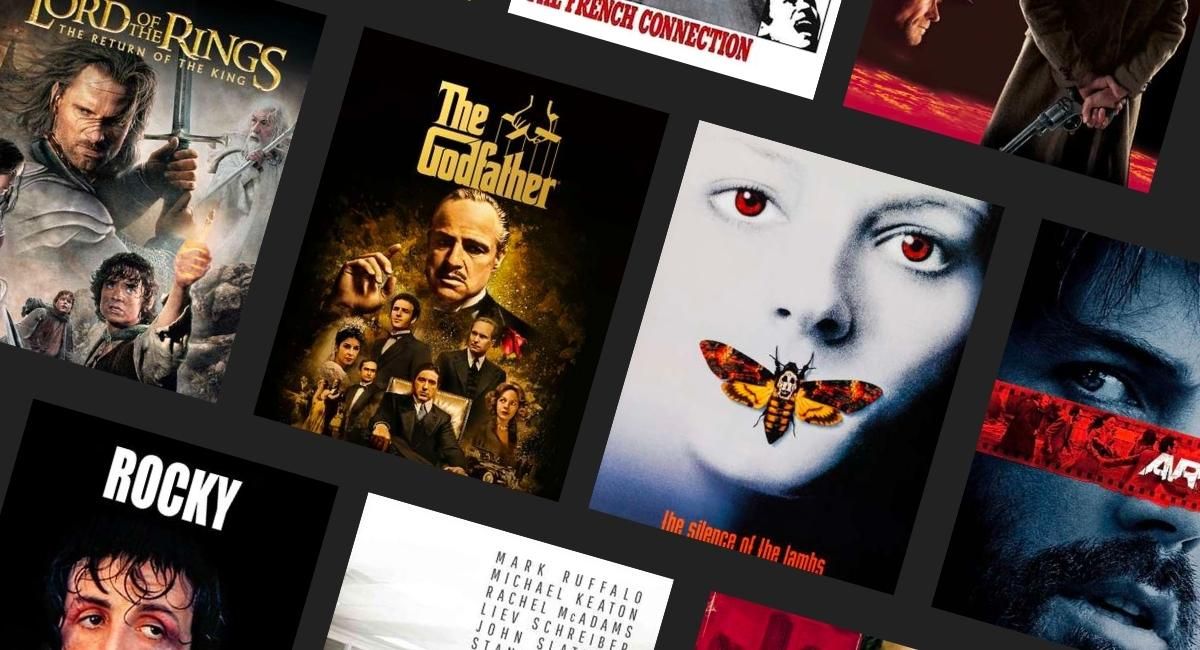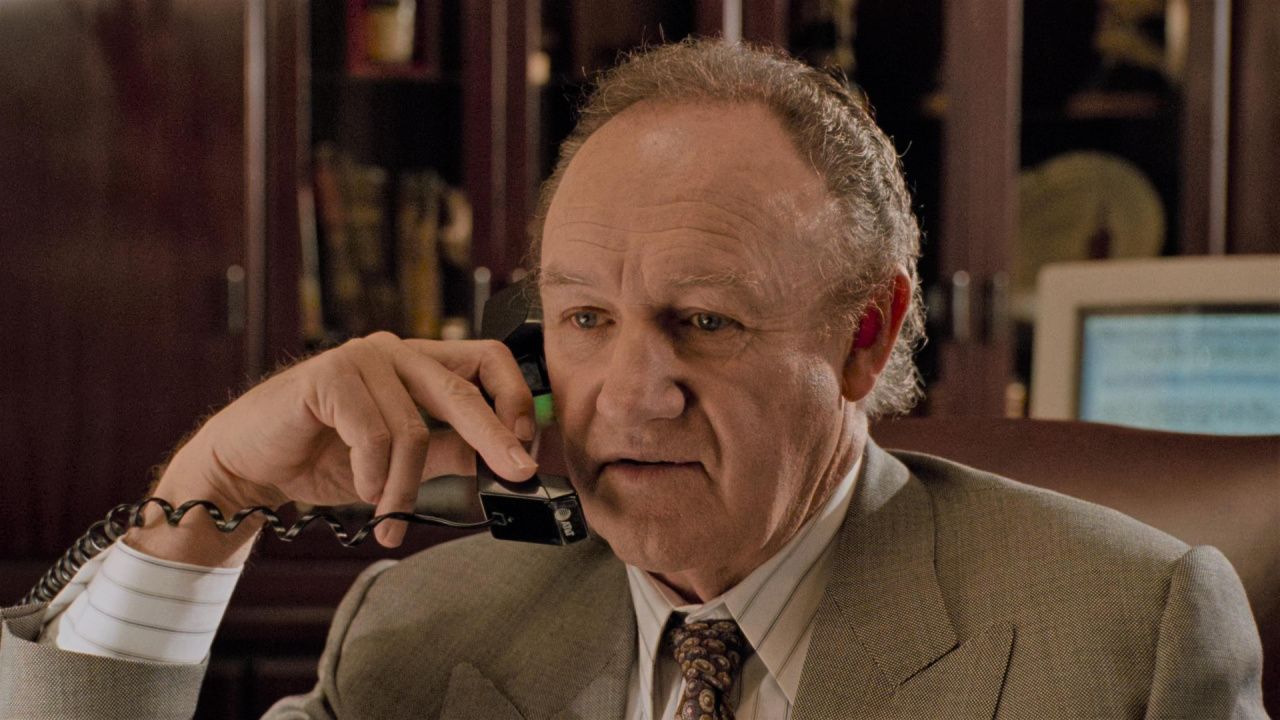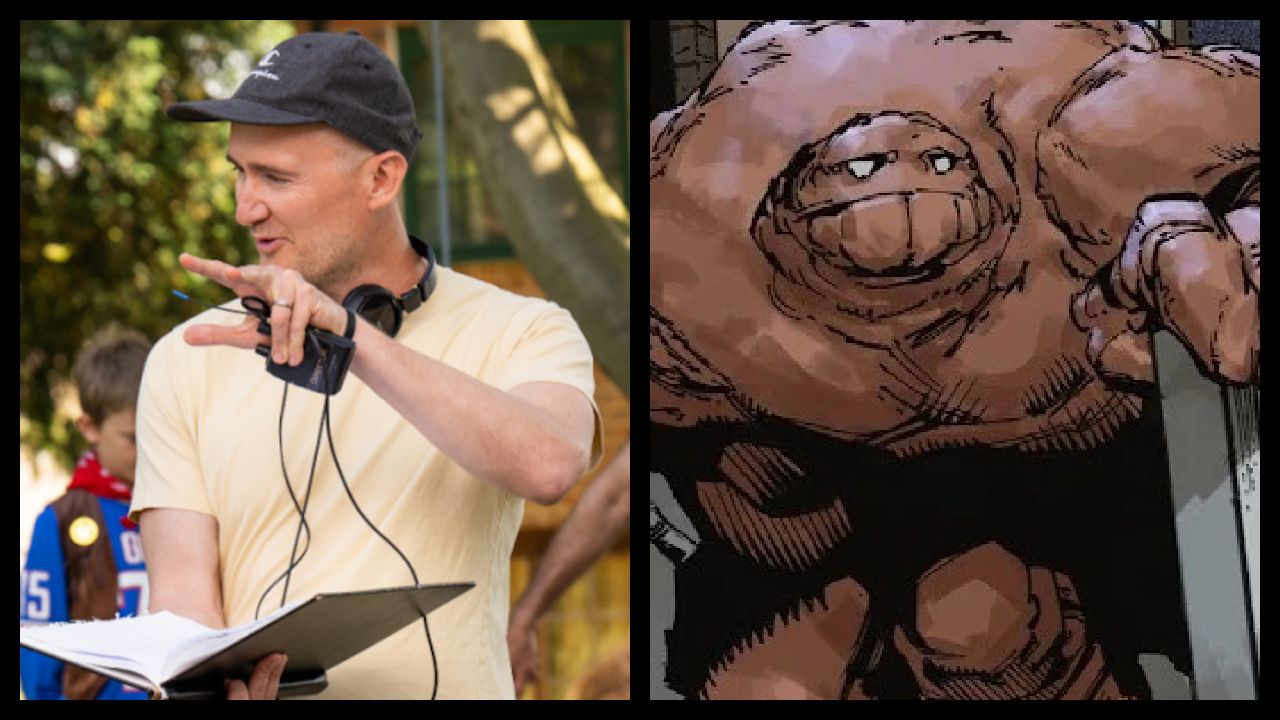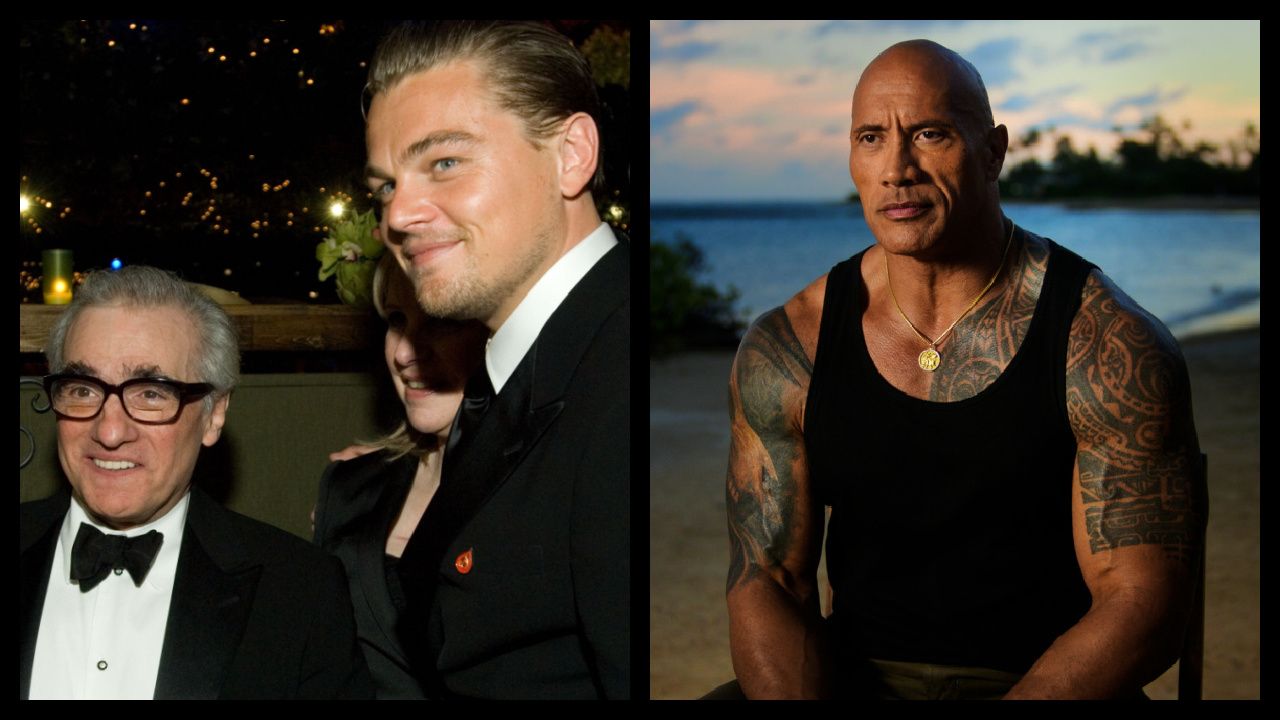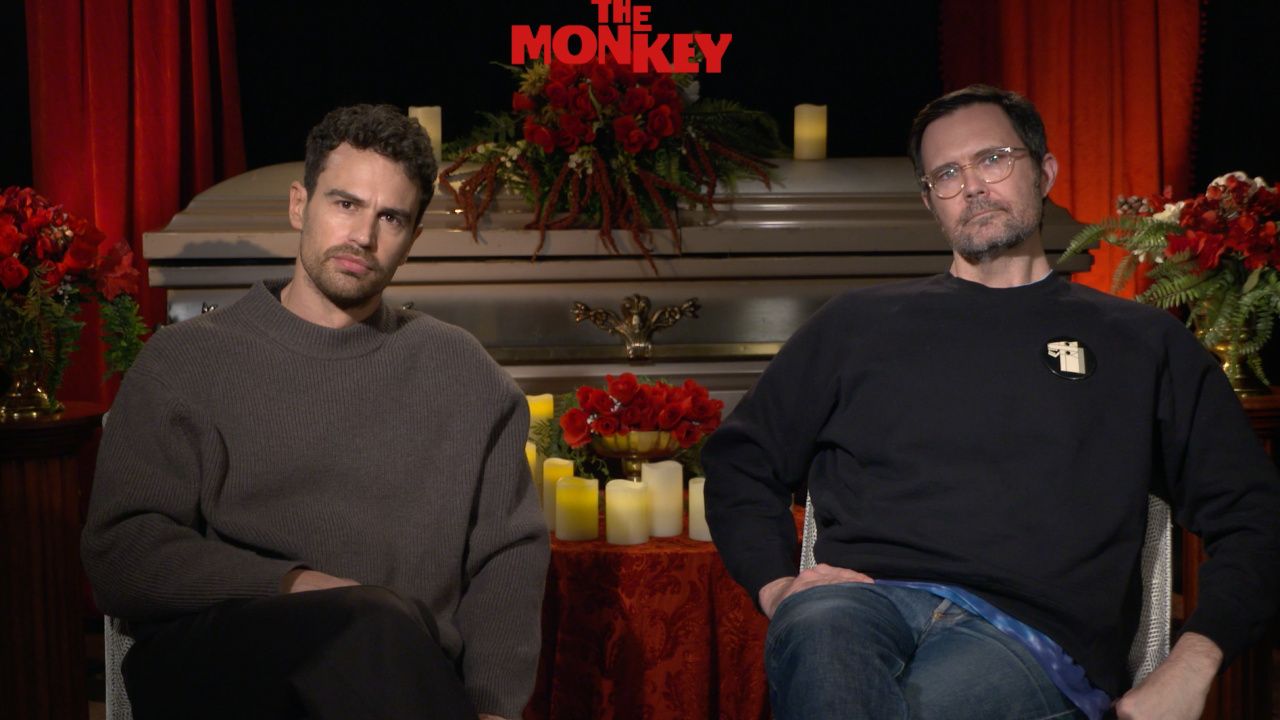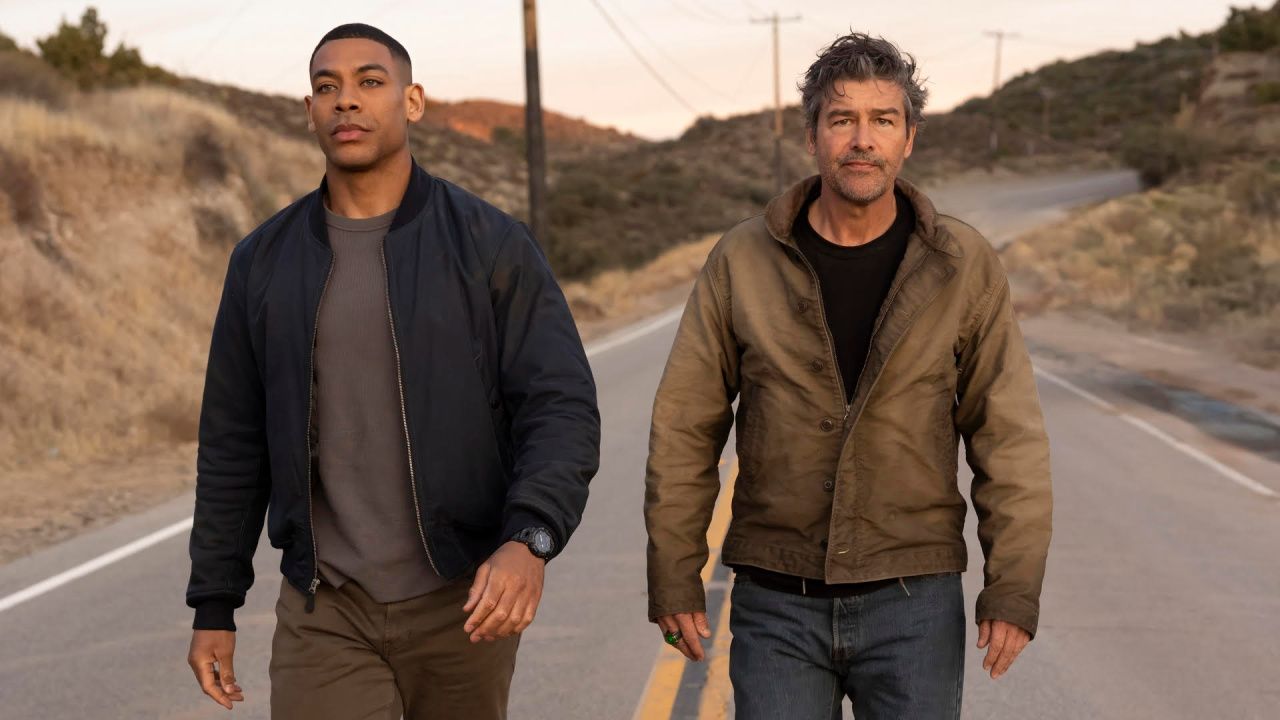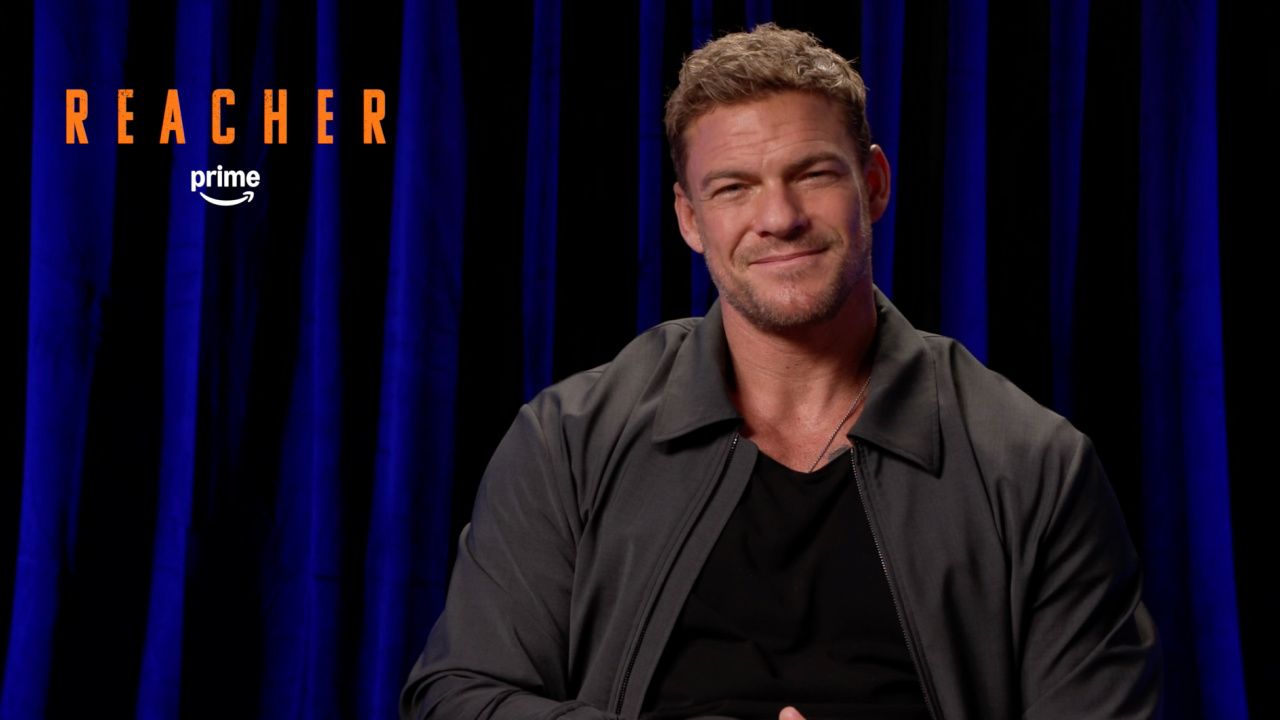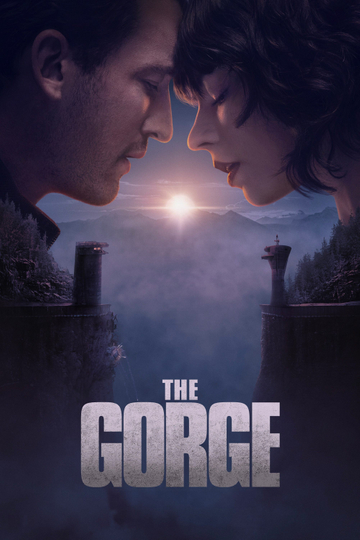Oscars 2016: How to Pick Best Picture and Win Your Oscar Pool
When it comes to predicting a Best Picture Oscar winner, should we believe the numbers, or should we believe the buzz?
That's the question this week after "The Revenant" swept the BAFTAs, the British Academy Awards. The frontier drama certainly has the buzz. The momentum is on its side, not just from its five prizes picked up in London -- including Best Film, Best Director, Best Actor (near-lock Oscar hopeful Leonardo DiCaprio), Best Cinematography, and Best Sound -- but also from Alejandro González Iñárritu's historic win a week earlier at the Directors Guild Awards, when the "Revenant" and "Birdman" filmmaker became the first person ever to win two DGA prizes in a row.
But the stats that usually serve as reliable barometers of Academy sentiment? They tend to tell a different story.
"Spotlight" is still in the race because it won Best Ensemble at the Screen Actors Guild awards; "The Revenant" wasn't even nominated for that prize, the equivalent of Best Picture, by the group whose members make up the largest branch of the Academy. "Spotlight" also won Best Original Screenplay this past weekend at the Writers Guild of America awards and at the BAFTAs.
And then there's "Revenant's" biggest rival, "The Big Short." It won the American Cinema Editors' ACE Eddie Award. Last weekend, it also won the Best Adapted Screenplay prize from the BAFTAs and the WGA, a feat it's likely to duplicate at the Oscars. "Revenant" isn't even nominated for screenplay, perhaps under the mistaken notion that it's not that big a challenge to write a screenplay that has minimal dialogue. Still, how can a movie win an Academy Award for Best Picture if it's not even a contender for Best Screenplay? That almost never happens, although one of the few times it did was DiCaprio's "Titanic."
The biggest asset "Big Short" has going into the Oscars is its PGA victory. In the award's 25-year history, it's predicted the Best Picture Oscar winner 19 times. In the six years since the PGA adopted a preferential ballot like the Academy's, it's anticipated the Academy victor all six times.
In the statistics-based reckoning, the BAFTAs usually don't figure at all. (The Hollywood-based Academy may love British actors and British movies, but do its voters really care what British film professionals choose as their favorites?) The American Academy has agreed with the British one on Best Film only 26 out of 68 times. In the recent past -- in the years since the BAFTAs moved their ceremony to precede the Oscars -- the BAFTAs anticipated the Oscar winner for Best Picture eight out of 15 times. The Brits have called six of the last seven Best Picture Oscar contests correctly; the only one they got wrong was last year's when they picked "Boyhood" over "Birdman." It's not out of the realm of possibility that the BAFTAs honored "Revenant" and Iñárritu this year to make up for last year's snub.
Still, there are some numbers in favor of "Revenant." It has the most Oscar nominations (12), which suggests not only a possible sweep but also enough good will across the Academy's various branches to earn a Best Picture win. And the DGA winner has also won Best Picture 53 out of 67 times.
No director has ever seen two of his movies win Best Picture in a row. But if the momentum for "Revenant" is really that strong, Iñárritu could become the first to reach that milestone. Statistics, after all, aren't ironclad rules, just prediction tools. They're accurate and valid... until they're not.
Sure, "Big Short" has the all-important PGA victory. But it doesn't have momentum, having lost big at the SAGs, the DGA, and BAFTAs (where it picked up only the writing prize out of its five nominations). "Spotlight" won at the SAGs, but that was three weeks ago. Since then, it's won the two writing awards, but otherwise, not much momentum there, either.
And there are other strikes against "Big Short" and "Spotlight." Comedies seldom win, even smart, satirical black comedies like "Big Short." Movies without nominated lead performances seldom win, which is another advantage "Revenant" has over its rivals. Finally, there's the foregone-conclusion argument: if the rank-and-file of Hollywood had liked "Big Short" or "Spotlight" more, they would have won more guild prizes and earned more Oscar nominations than they did -- and they'd have buzz as well as numbers on their side. We could still get a Best Picture/Best Director split, like we got twice in the past three years.
Iñárritu now seems a lock for Best Director, but there's still a chance that "Big Short" or (less likely) "Spotlight" might win Best Picture. It's just a matter of whether the strong statistics in those movies' favor are stronger than the wave of awards love that "Revenant" is currently riding.
One refreshing thing about this year's Best Picture race, aside from how unpredictable it's been, is how little mudslinging there's been. All three of these films are based on historical events, but there's been little grumbling about gross distortions of fact or smeared reputations of real people. That's not to say these movies are scrupulously accurate (they all have taken dramatic liberties), but rather, the focus has been almost entirely on how well each one works -- or doesn't work -- as a movie.
Academy voting ends next week, on Feb. 23. If the voters choose to be influenced by either the buzz or the weight of history, so be it. But at least no one's loudly trying to sway them based on nasty whispers.


